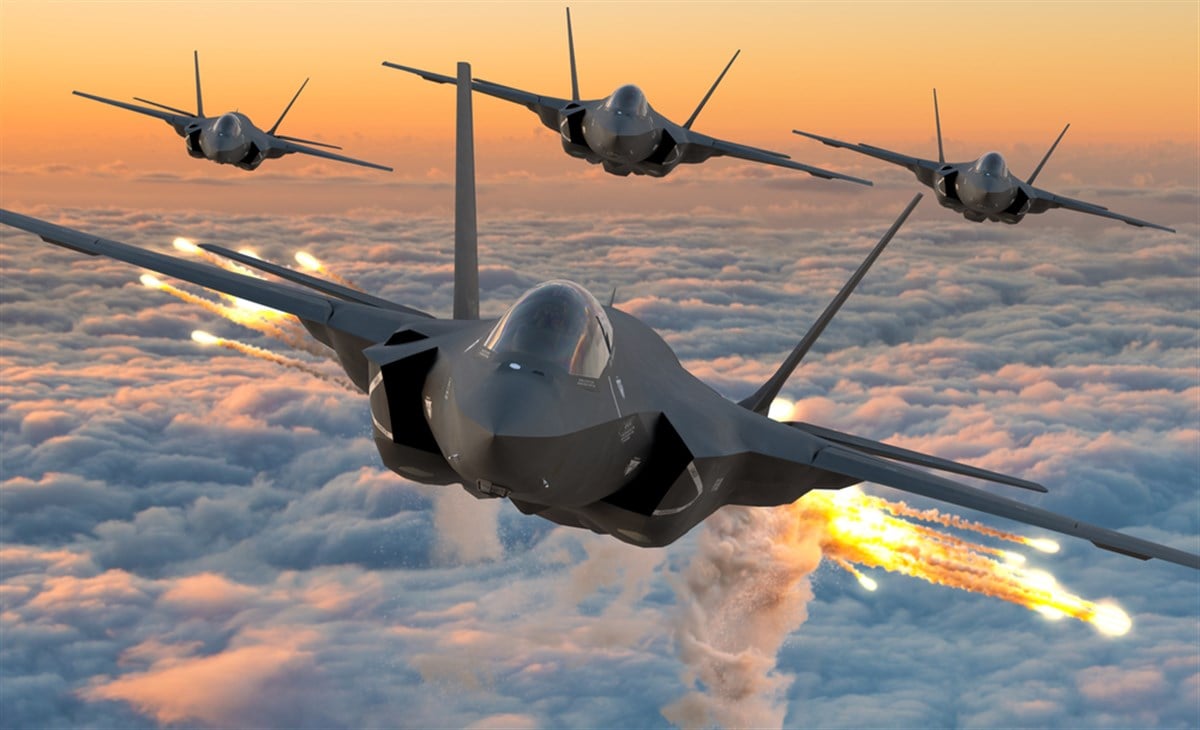
The aerospace and defense industry has been a sustained beacon of strength in an otherwise volatile market. With geopolitical tensions escalating, including the ongoing Russia-Ukraine war and conflicts in the Middle East, the sector has steadily risen with momentum. Two giants in the industry, Lockheed Martin (NYSE: LMT) and Raytheon Technologies (NYSE: RTX), have outperformed the broader market, with both stocks trading near their 52-week highs.
But the critical question remains: Should investors chase these stocks or wait for a pullback?
Lockheed Martin: Analysts Still Bullish Despite Strong Gains
Lockheed Martin, the largest U.S. defense contractor with a market capitalization of $145 billion, continues to impress. Specializing in a wide range of defense and aerospace systems, the company operates across four primary segments: aeronautics, missiles and fire control, rotary and mission systems, and space.
Lockheed has enjoyed a remarkable run in 2024, with its stock up 34% YTD, thanks partly to solid earnings and favorable market sentiment. The company posted an EPS of $7.11 in its last report, easily beating expectations for the third successive quarter, and recorded revenue growth of 8.6% year-over-year. Analysts project further growth, with earnings expected to rise by 8.26%. Lockheed's dividend yield of 2.17% and its steady dividend growth add to the stock's appeal.
Despite these impressive fundamentals, technical indicators suggest caution. With its RSI approaching 80, indicating overbought conditions, and the stock trading significantly above its 50-day moving average, it might be best to wait for a pullback and reset. Although RBC recently raised its price target to $675, implying an 11% upside, the consensus price target suggests a slight downside. Patience might be key for long-term investors, as a dip closer to its 50-day moving average could offer a more attractive entry point.
Raytheon Technologies: Strong Fundamentals, But Stretched Valuation
Raytheon Technologies, another defense giant, has also surged higher this year, up 47% YTD. The company provides advanced systems and services for commercial and military clients and has consistently outperformed expectations recently. In its most recent earnings report, Raytheon posted $1.41 EPS, beating the consensus estimate by $0.11. Revenue also rose 7.7% year-over-year, continuing a pattern of earnings surprises.
Looking ahead, analysts forecast further upside for the stock, with a consensus price target of $161.13, implying a 30% potential gain from current levels. However, while the stock’s momentum is undeniable, its valuation is becoming a concern. Raytheon's P/E ratio sits at a lofty 71.45, and its PEG ratio of 6.5 significantly exceeds that of Lockheed Martin (5.47). With the stock nearing its all-time high and trading stretched above its 200-day moving average, the risk-reward ratio may not be favorable for investors looking to buy at current levels for the long run.
That said, Raytheon’s forward P/E of 20 suggests that the company still offers long-term growth potential, especially once its stock returns to a more favorable level. Given its consistent earnings performance and strong fundamentals, a pullback could provide an excellent opportunity to initiate or add to a position.
Patience Is Key
Both Lockheed Martin and Raytheon Technologies are flying high due to solid earnings, geopolitical factors, and positive market sentiment. However, with their stocks trading near all-time highs and indicators suggesting they are overbought, investors may want to wait for a pullback to get a better risk-reward ratio.
While both stocks are fundamentally solid and poised for long-term growth, chasing them at current levels could expose investors to short-term downside risk. When the market eventually cools, these two defense giants could offer a compelling buying opportunity for patient investors.



